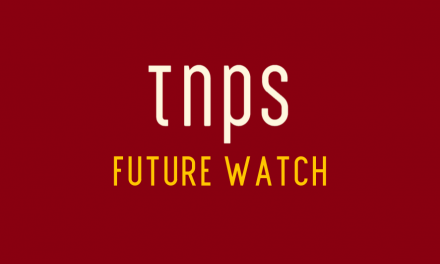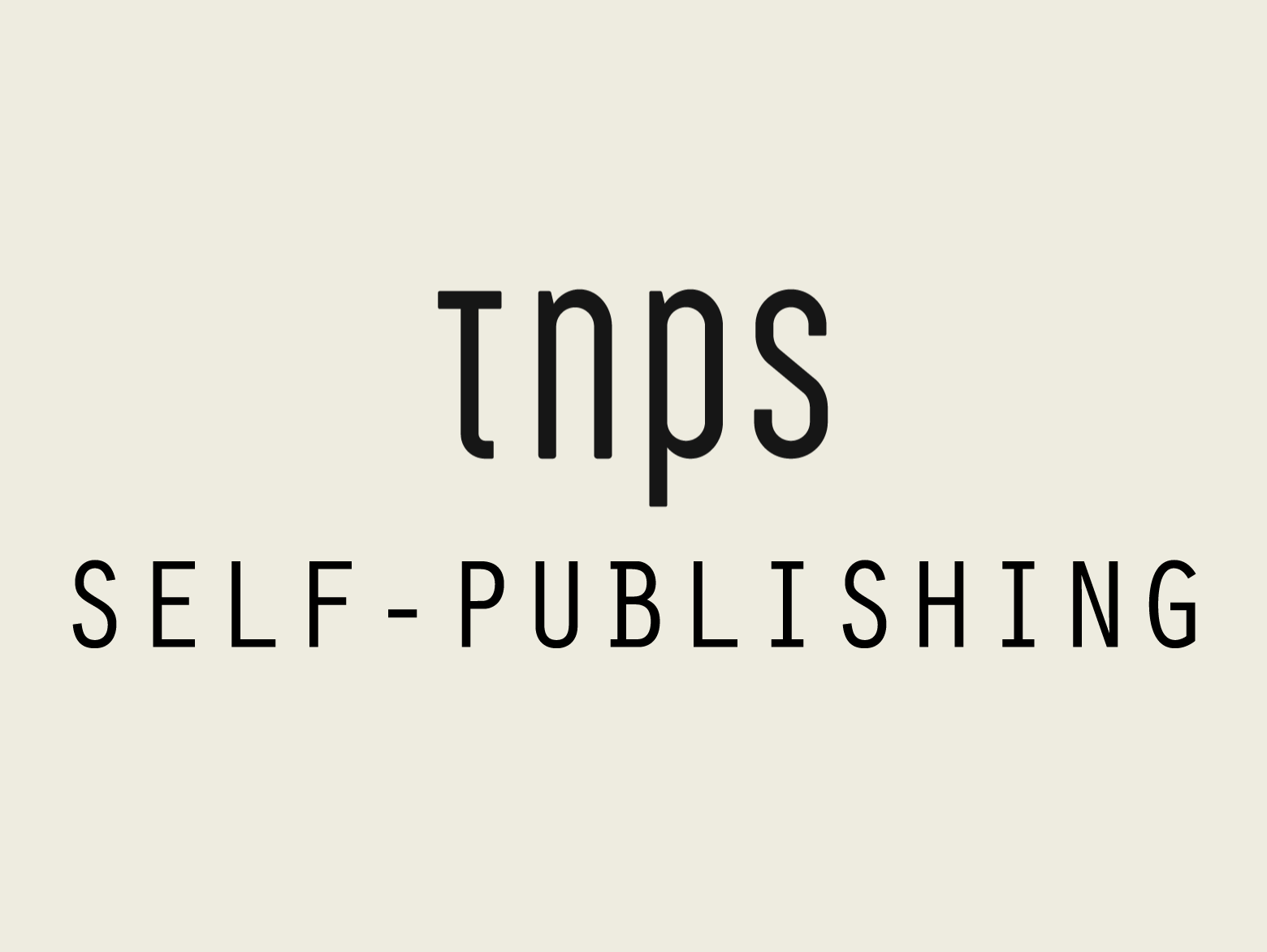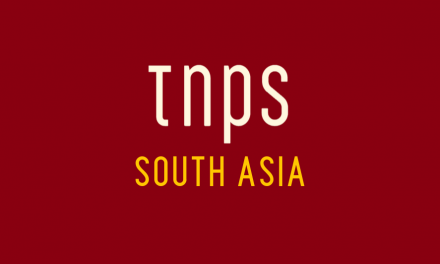Welcome to the future of publishing. Well, a future, anyway. The publishing multiverse is here. But questions of permission and compensation remain.
December 1 2023 marks the start of a new phase for former International Publishers Association – IPA President Richard Charkin and Mensch Publishing, that deserves wide acknowledgement and applause.
Charkin makes the announcement on LinkedIn, and I quote the key paragraphs in full below.
“From now, all current and future Mensch titles will be sustainably published worldwide with IngramSpark’s Print-on-Demand services eliminating wastage, freight costs, carbon emissions, and hassle.
“Not only will manufacture and distribution be revolutionised but so will advertising. All Mensch titles will be supported by targeted digital advertising from Shimmr AI who use technology to analyse each book, identify potential audiences, generate adverts and place them in the most efficient media.
“Many publishers are experimenting with these new models. Mensch is doing more. We are adopting them for all our titles and putting all our efforts behind what I am sure will become the norm in publishing worldwide.“
Welcome to the future of publishing (other POD and AI services are of course available).
An ideal publishing future, that is. Somehow I cannot see the Big 5 and their fellow corporate publishers adopting this model any time soon.
For most big publishers the issues are complex. POD printing may tick all the sustainability boxes, and all publishers like to pay lip service to such goals, but the economies of scale that come with massive traditional print runs ensures POD will not be the first option most trade publishers consider.
Bricks & mortar bookstores rely heavily on having large numbers of books displayed and ready to be picked up and taken to the counter to pay for. Publishers have a vested interest in ensuring the survival of book stores.
And that’s not just about clinging to antiquated consumer models, although there is an element of that, of course.
But print is still an extremely popular format for consumers. Not the 80-20 fantasy bubble of a certain former PRH CEO, but a durable format that will be around for a long time to come.
And while POD can and is used by bricks & mortar bookstores to get books into readers’ hands, the economies of scale still heavily favour traditional printing methods over POD for big trade publishers dealing with hugely popular titles.
Bricks & mortar stores also have a lot to offer in terms of discoverability.
Put simply, a reader walking into a well-stocked and well-presented bricks & mortar bookstore may have literally millions fewer titles to choose from than an online store like Amazon can offer, but the wide selection that is available is, equally literally, at their fingertips and in front of their eyes.
Turn right to find countless romance titles, turn left to find countless thrillers. Step around or along a shelf and science, maths, geography, history, you name it, is there to be picked up and examined. No need to close the screen and type in another search criteria and have another handful of algorithm-picked titles thrust in front of you on a screen that at best will be the size of a flatscreen TV, or more likely a laptop or a mobile device where thumbnail images are the best you get to see until you choose to zero in on one title at the expense of all the others.
If only Markus Dohle has spent more time extolling the virtues of both the print and digital discovery models instead of ranting against the latter to protect his “bet” on the former…
Charkin’s suggestion that POD will become the norm is probably a little too optimistic for my liking, but what it will do is become an increasingly relevant alternative that more and more publishers will use, especially in smaller markets where the economies of scale don’t play a great role because the initial print runs needed are so small.
To be clear, POD is a valuable asset in the large and mature western markets, and will certainly play a pivotal role in sustaining print in the emerging markets., alongside increasing global digital access.
The reality is that digital has not killed print, or come remotely close, and POD breathes new life into the format. But rather, the publishing universe has expanded to encompass new models. A multi-verse of sorts, and that’s the future Charkin is seeing. It’s not either or, but an embrace and co-existence of many possibilities.
The second element to the Mensch model is a little more controversial, because two otherwise innocent letters of the alphabet are juxtaposed to reveal the biggest threat to mankind that ever existed. A threat that will destroy publishing, take away authors’ and other creatives’ jobs, diminish artistic quality and end civilisation as we know it.
At least, that’s what the Luddite Resistance would have us believe about AI, and facts will not be allowed to get in the way of the narrative. The sky is falling!
One can imagine UK Society of Authors Chief Luddite Nicola Solomon this week rallying her forces to condemn this latest outrage, led by, of all people, a former IPA president.
Charkin not just proposes, but is actually right now using AI to “analyse each book, identify potential audiences, generate adverts and place them in the most efficient media.”
Imaginary job-losses, mass author unemployment amid plummeting royalties, and rampant piracy, will all be reeled out to condemn this latest assault on the publishing status quo.
But amid all the mindless knee-jerking from the Luddite camp, this touches on one of the few AI Resistance elements that has some real merit. Permission and compensation.
Put simply, the generative AI models that exist today do so thanks to being trained on the existing works of human authors. Leaving the big questions as yet unanswered as to whether the AI companies asked for, or even needed, permission to do so, and whether the AI companies have offered, or even are legally (let alone morally) obliged to offer, compensation.
Legitimate concerns, that are currently being played out in the lawmaking chambers and courts around the world.
Although in the US, at least, the approach seems to be along the lines of throwing spaghetti at a wall and seeing what sticks.
What Richard Charkin has not yet (to my knowledge) shared with us is what the arrangement is for Mensch authors. Were they asked, before Shimmr AI was allowed to delve deep into their scripts? Given the publisher itself is the one authorising the deep dive, do they even need to be? Do current and will future Mensch contracts encompass such concerns? And will not their compensation come in the form of more sales anyway? In which case, where is the problem?
Charkin is no amateur when it comes to our industry’s evolution, and I’m sure he has all the angles covered and Mensch authors are in the loop.
The Shimmr AI element of this equation is not so clear.
What CEO Nadim Sadek is doing with Mensch is, as this model becomes more widely adopted, going to – Charkin’s words – “revolutionise” advertising in publishing. And the sooner the better! Go, Nadim, go!
Sadek, as one of the thought-leaders in this field able to fully articulate the benefits of the machine he has created, can be relied upon to reassure us the industry is in broad terms not being compromised or threatened by these new developments and new technologies.
But safe to say Shimmr AI did not suddenly materialise from the ether, ready to do battle with Mensch titles. Somewhere along the line it was “trained” to analyse scripts and extract and extrapolate meaning from those texts in order to deliver the desired results that its paying customers want and need.
And that brings us full circle to the one element of the AI Luddite Resistance that does carry weight – how these “machines” were trained to reach the state they are in today.
Claims currently in law courts asserting specific titles by specific authors were illegally used to train these AI models have yet to be upheld, and compensation models where that may be proven to, or admitted to have happened, have yet to be widely explored.
Possibly Charkin and Sadek have already addressed these issues unbeknownst to me, but if not, it would help the cause of moving our industry forward amid fear and resistance.
The one certainty is that AI is here to stay, is already transformative to our industry, and is going to further revolutionise publishing in ways we have yet to even imagine possible.
But the issues of permission and compensation – again, the one element of the AI Luddite Resistance that has legs – needs to be addressed.
If the Mensch model is to be our Olympic torch leading the way to the future of publishing, then, Richard and Nadim, we need clarity and reassurance on the permission and compensation case in this instance.





